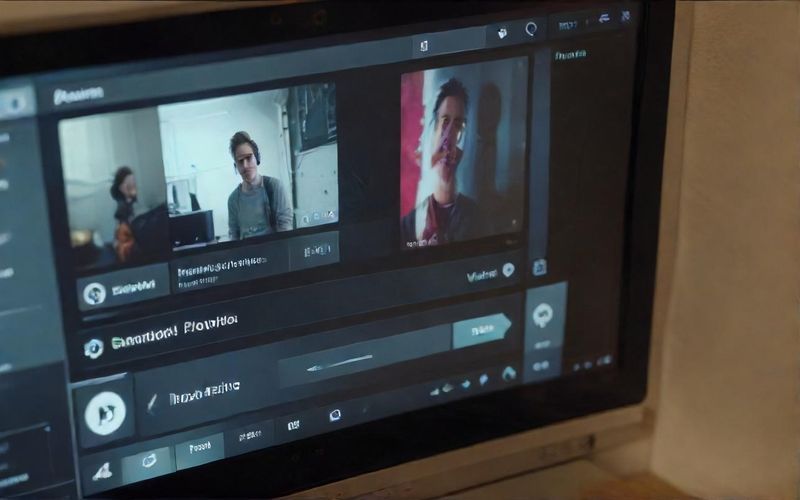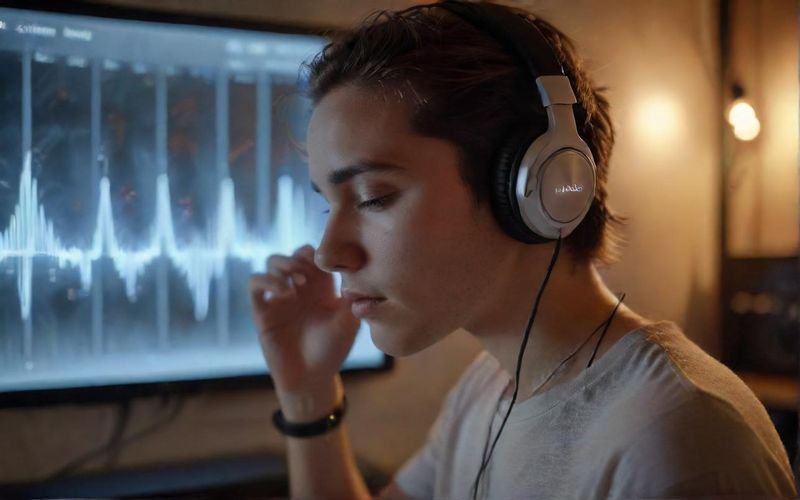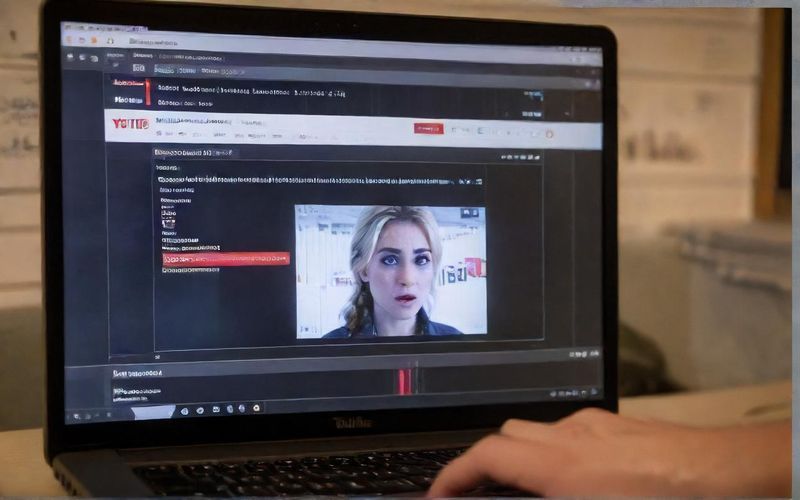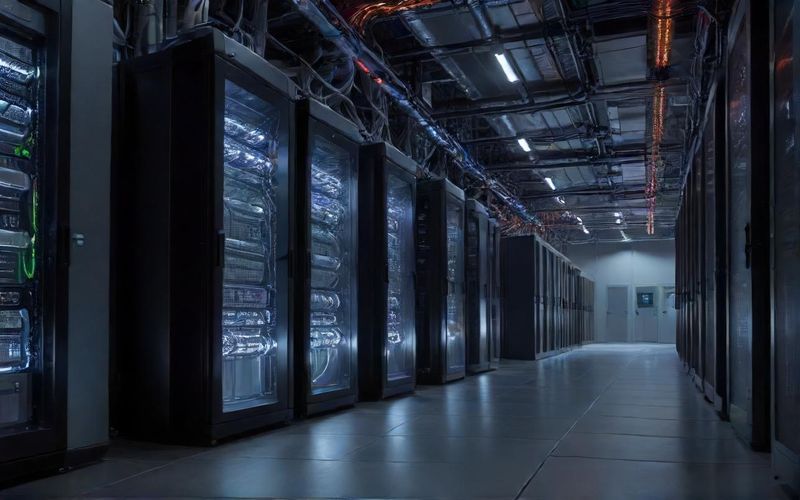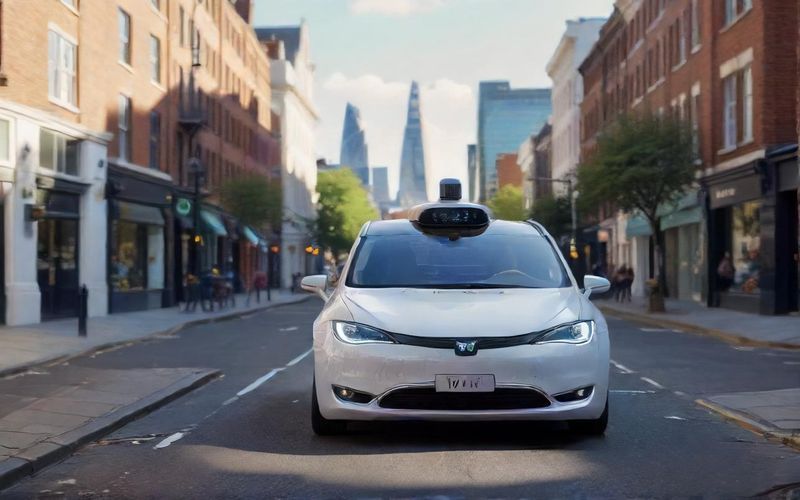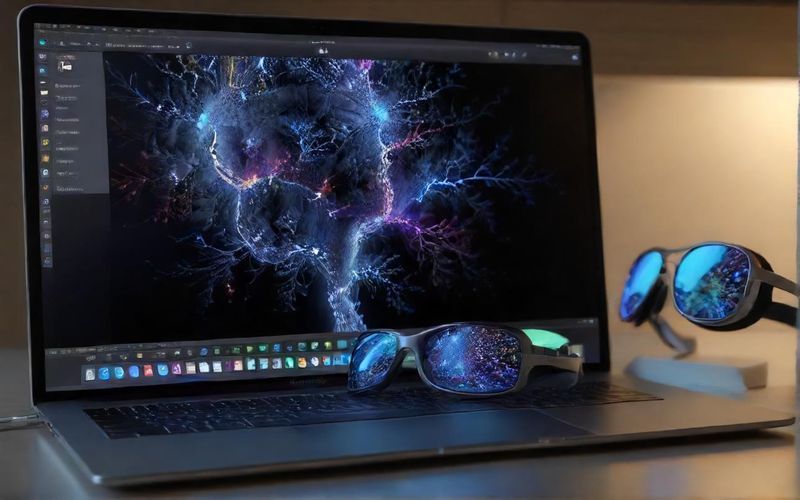BBC iPlayer Trial Aims for Real-Time Streaming
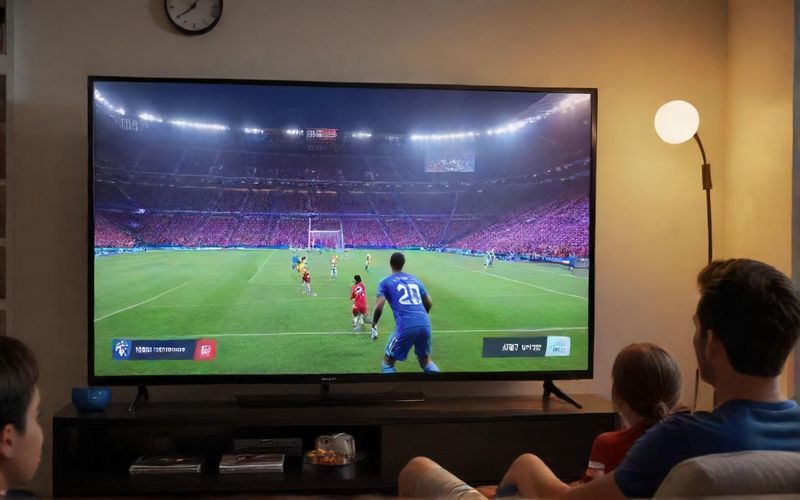
As reported by Julian Clover, Chris Poole, a lead R&D engineer at the BBC, has outlined plans to increase the number of devices supported and extend the testing period. The goal, he explains, is to get a much clearer picture of how this super-fast streaming performs outside of controlled lab environments, right there in our own homes. It’s all about understanding what it takes to deliver live content online as seamlessly and reliably as traditional broadcast television.
What’s fascinating is the BBC’s commitment to ironing out the kinks. While early results are encouraging, showing that the low latency streams perform much like conventional ones, the real world throws some curveballs. Things like Wi-Fi strength, internet provider traffic jams, and even the specific device you’re using can all play a significant role in how smoothly a stream runs. This extended trial, with its broader range of devices and longer operational hours, will help them gather invaluable data across all sorts of real-world conditions. They’re even looking at TVs that can’t quite catch up as quickly, to understand how low latency works even under those slightly less ideal circumstances.
It’s a subtle but important shift, and you can see the BBC iPlayer beta is really at the forefront of this exploration. They're aiming to get us closer to that moment when online viewing feels as instantaneous as flipping on the TV. With this broader trial, we’ll likely see performance measured during key live moments like sports or breaking news, across weekdays and weekends, all contributing to a richer understanding of what it takes to make online streaming truly live. As this testing continues, it makes you wonder how much closer we’re getting to a future where buffering and lag are distant memories, and every live event unfolds in real-time on whatever device we choose.

